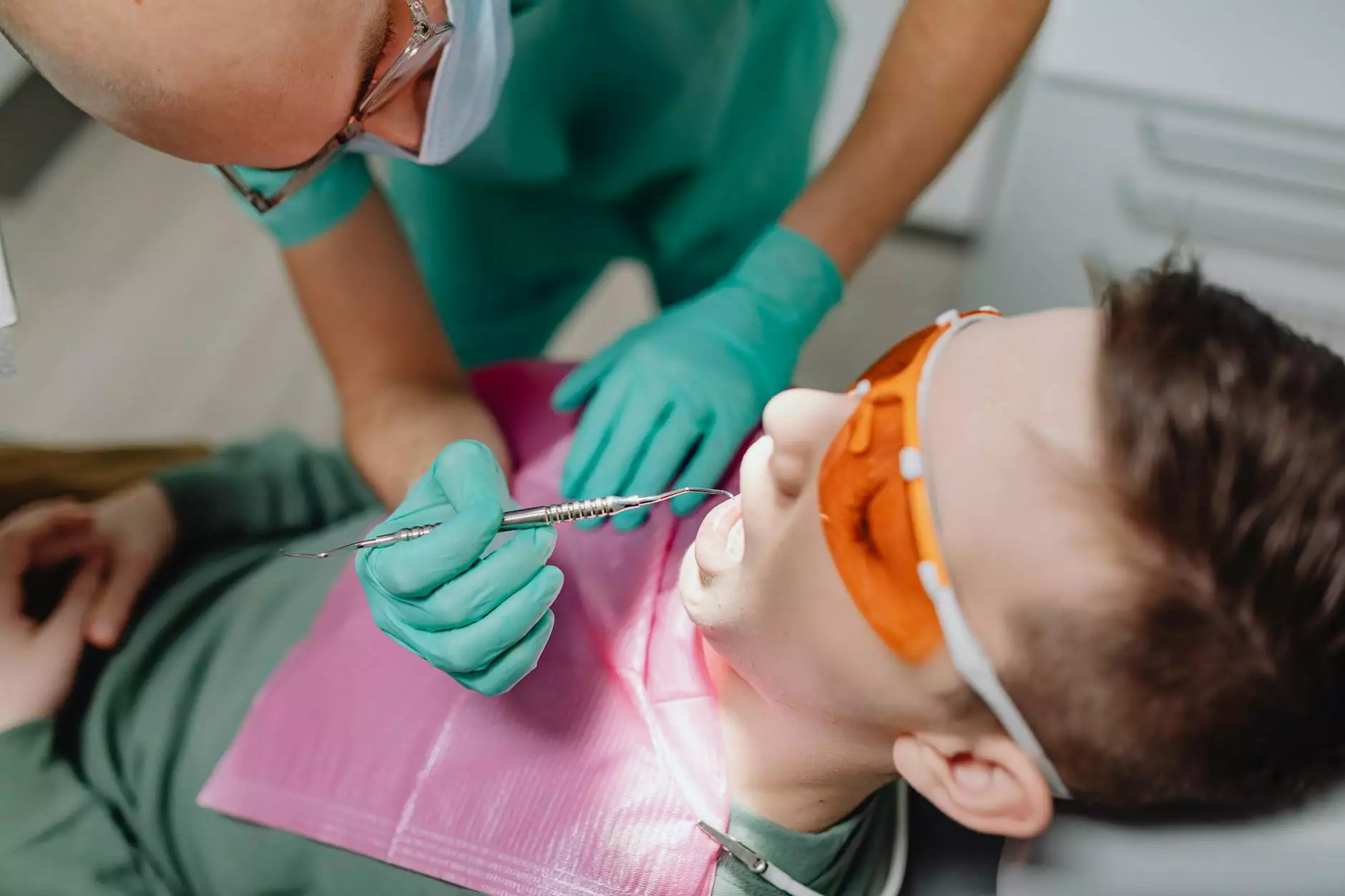Lung Cancer Screening: A Comprehensive Guide

Lung cancer remains one of the leading causes of cancer-related deaths worldwide, making lung cancer screening a vital health service. Early detection can significantly improve outcomes; therefore, understanding the intricacies of lung cancer screening is crucial. In this guide, we delve into the importance of screening, who should get screened, the methods available, and how Hello Physio, a leader in Health & Medical, Sports Medicine, and Physical Therapy, plays a role in your healthcare journey.
Why Is Lung Cancer Screening Important?
The significance of lung cancer screening cannot be overstated. Early-stage lung cancer often presents little to no symptoms; hence, individuals at high risk may not realize they have the disease until it's advanced. Lung cancer screening can lead to:
- Early Detection: Finding cancer at an early stage when it is more treatable.
- Increased Survival Rates: Patients diagnosed early have a better five-year survival rate.
- Reduced Treatment Intensity: Early-stage treatment is often less aggressive and more manageable.
- Improved Quality of Life: Early interventions can help maintain a better quality of life.
Who Should Get Screened for Lung Cancer?
Not everyone requires lung cancer screening. The U.S. Preventive Services Task Force (USPSTF) recommends screening for individuals who meet specific criteria:
- Age 50 to 80 years old.
- Have a smoking history of 20 pack-years or more.
- Currently smoke or have quit within the last 15 years.
If you meet these criteria, it is advisable to discuss screening options with your healthcare provider. Additionally, those with a family history of lung cancer or other risk factors may also benefit from screening, regardless of smoking history.
Methods of Lung Cancer Screening
There are several methods available for screening lung cancer. The most prevalent method is the low-dose computed tomography (LDCT) scan. This advanced imaging technique is designed to detect lung cancer at its nascent stages.
Low-Dose Computed Tomography (LDCT)
LDCT involves a low dose of radiation compared to standard CT scans. The advantages include:
- High Sensitivity: LDCT scans can detect small nodules in the lungs.
- Quick Procedure: The scan itself typically takes less than a minute.
- Research Backing: Studies have shown that LDCT reduces lung cancer mortality by 20% among high-risk populations.
Potential Risks of Lung Cancer Screening
While the benefits of lung cancer screening are significant, there are also risks involved:
- False Positives: LDCT can occasionally detect nodules that are not cancerous, leading to unnecessary anxiety and further tests.
- Overdiagnosis: Some tumors may not pose a significant threat and could lead to overtreatment.
- Radiation Exposure: Though low, there is still some radiation exposure involved with CT scans.
The Role of Hello Physio in Lung Cancer Screening
At Hello Physio, we understand that navigating health concerns can be overwhelming. Our dedicated team offers supportive services, linking patients with necessary screenings for early detection of conditions such as lung cancer. Here’s how we contribute:
- Expert Consultation: Our team of experienced healthcare professionals provides thorough consultations to determine your risk factors related to lung cancer and the appropriateness of screening.
- Referrals to Specialists: We ensure that you receive referrals to expert facilities for LDCT scans and other relevant tests.
- Follow-Up Care: We provide comprehensive follow-up services to address any concerns that arise from screening results.
Promoting Lung Health: Beyond Screening
While screening is essential, maintaining lung health is equally critical. Here are some practices promoted by Hello Physio to support overall respiratory wellness:
- Smoking Cessation: Quitting smoking is the most effective way to reduce lung cancer risk. We offer resources and programs to help individuals quit.
- Healthy Diet: A nutrient-rich diet, including antioxidants, can support lung health. Foods such as leafy greens, berries, and fish are excellent choices.
- Regular Exercise: Engaging in physical activity enhances lung capacity and overall physical health. Our physical therapy programs can be tailored to suit individual fitness levels.
- Environmental Awareness: Limiting exposure to pollutants and toxins can help maintain lung health.
Conclusion
In conclusion, lung cancer screening plays a critical role in the early detection of this formidable disease. Understanding who should be screened, the methods available, and the potential risks involved can empower individuals to take control of their health. With the support of Hello Physio, you can navigate the screening process with confidence. By combining screening with proactive health measures, we can significantly reduce lung cancer risks and promote overall well-being. Remember, early detection is essential — don’t hesitate to make that call to your healthcare provider today.









